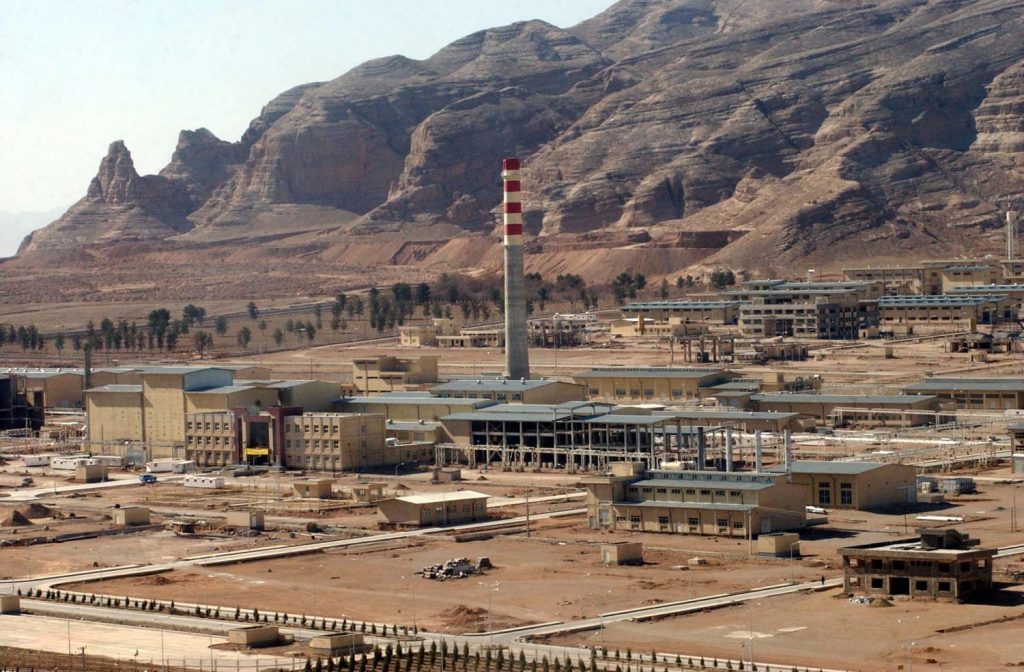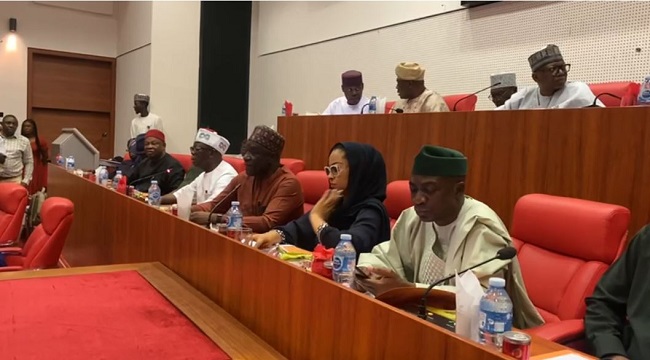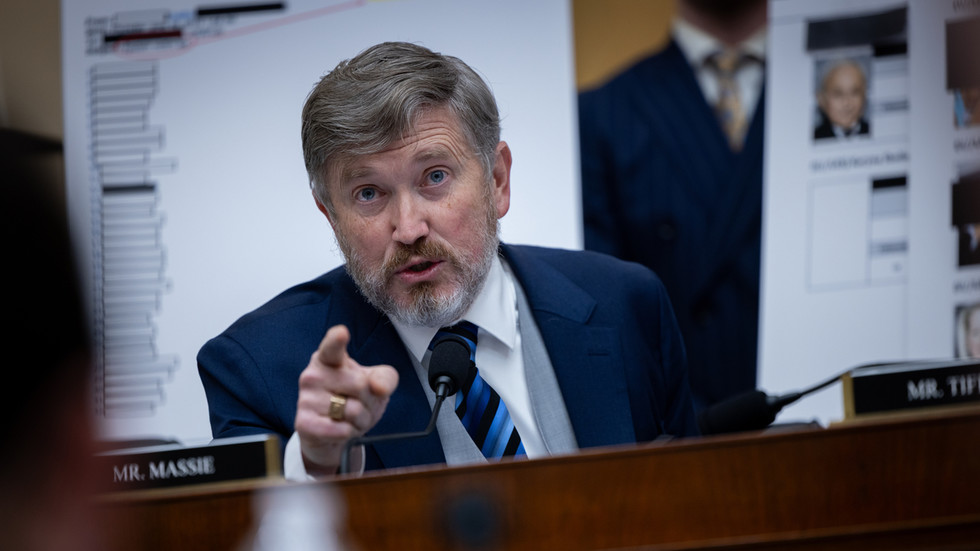A Nigerian opposition figure has dismissed a pledge by Labour Party presidential hopeful Peter Obi to serve a single term if elected in 2027, describing the promise as politically naive and disconnected from the realities of national leadership. Farouq Aliyu, former Minority Leader of Nigeria’s House of Representatives, sharply criticized the proposal during a televised interview, reigniting debates about executive experience and governance in Africa’s most populous nation.
Speaking on Arise Television’s Prime Time program, Aliyu argued that Obi’s tenure as governor of Anambra State—a role he held from 2006 to 2014—does not sufficiently prepare him for the complexities of federal leadership. “States are different from Nigeria. Managing a country of 220 million people with diverse ethnicities and security challenges requires more than regional experience,” Aliyu stated. He characterized Obi’s pledge as a strategic appeal to voters rather than a grounded commitment, adding, “It’s just rhetoric. When you’re not in office, you don’t fully grasp the demands of governance at that level.”
Obi, who ran unsuccessfully in Nigeria’s contentious 2023 presidential election, recently reiterated his intent to seek office again in 2027 while proposing a one-term limit for himself if elected. His camp frames the pledge as a reform-minded stance against prolonged incumbency, but critics like Aliyu argue it overlooks Nigeria’s intricate socio-political landscape. The Labour Party candidate’s supporters, however, cite his fiscal management in Anambra and advocacy for austerity as evidence of his capabilities.
The exchange highlights broader tensions between political newcomers and establishment figures in Nigeria, where presidential bids often hinge on regional alliances and perceptions of administrative competence. Analysts note that while term-limit proposals occasionally surface during campaigns, critics view them as symbolic gestures in a system where policy continuity remains challenging. Nigeria has faced prolonged economic instability, security crises, and institutional reforms since transitioning to democracy in 1999, factors that Aliyu suggests demand leaders with deeper federal engagement.
As political jostling intensifies ahead of 2027, Obi’s pledge and the backlash it inspired underscore the competing narratives shaping Nigeria’s electoral discourse—with governance expertise and national cohesion emerging as central themes.



